Champions League matchday highlights: Atlético Madrid vs. Inter
Champions League soccer is back for the round of 16! Europe’s premier club competition returns with two high-stakes matches on Wednesday, providing exciting matchups, top talent and drama.
Enjoy the play-by-play from both of the matches as Atlético Madrid look to turn a 1-0 deficit to Inter Milan and Borussia Dortmund host PSV after a 1-1 draw in the first leg.
March 2, 2024, Kanteerava Stadium, Bengaluru: Chinglensana Singh, Sana, is starting in an unusual position on the field. A centre-back for almost the whole of his senior career, the 27-year-old has been asked to play in central midfield for new club Bengaluru FC. Against the highest-pressing team in the league, the Kerala Blasters… who also happen to be the one team the BFC faithful don’t want to lose to at home. Struggling this season, BFC fans have had little to cheer about but a faint hope of making the playoffs, and losing to the neighbours would just make it all worse.Champions League matchday highlights: Atlético Madrid vs. Inter
Now that’s pressure. But Sana handles it with ease, like he’s been a defensive midfielder all his life. He sweeps up ahead of his centre-backs, shuts down any channel of attack down the middle, and his positional discipline allows his midfield partner Suresh Singh to hare around the pitch. It’s not just defensively that he helps his new club, either. He maintains a consistent passing tempo in the middle while also mixing in effective switches of play — his crossfields to Ryan Williams are BFC’s most consistently potent attacking move all night. To close out the match, he’s moved back to centre-back and he does his day job superbly, pulling off a couple of last-ditch challenges that keep BFC ahead.
Just on the face of it, it’s a superb footballing display — but it’s even more impressive given what he’s been through over the past ten months. In May last year, Sana, then a Hyderabad player, heard of the violence in his hometown in Manipur; his family was trapped there and though they didn’t suffer physically, their family house was burnt down, as was the football ground Sana had built for local youth. He spoke emotionally about the subsequent months — ‘The violence still haunts us, but our family is finally moving on’ — but in essence, football took a firm backseat for a long period.
Until it took centre-stage again. “It wasn’t easy at all,” Sana tells ESPN, about coming back to football after spending time in Manipur to ensure the safety of his family, and missing games for the national team. “As a player that’s what you want to do, you want to win as much as you can in your career. I missed out that [the Intercontinental and SAFF Cup wins], but I don’t regret it because my family needed me the most and I had to be there for them.”Champions League matchday highlights: Atlético Madrid vs. Inter
He may not have regretted it, but returning to professional football after missing the summer high with the national team wasn’t easy. And it did not help that he returned to a football club knee-deep in financial crisis. “The financial situation [at HFC] didn’t help. Because my family needed support at that time… my brothers who were working, who had businesses, they were all shut down. So, I was looking after the family. Luckily, I had good savings with me with which I could help them and survive for the five-six months I did while I was in HFC.”
After a point, though, he had to make a call. He needed to make sure he would be “on the right track in terms of my professional playing career, and also financial stability for my family.”
HFC had been his big break, starting almost every game as Manolo Marquez built a team that became ISL heavyweights, even winning the ISL Cup, and leaving the club wasn’t an easy call. But he had had to do it. “Everything got affected and I had to be the one who had to be strong,” he says. “I was suffering but I could not show that to my family or anyone. I had to be strong and make a decision that would help me and help my family get out of the situation that we were in.”
With many clubs behind his signature, he chose Bengaluru FC in the winter transfer window. “I’m getting into my peak years… now I’m 27, I play as a CB, so these are my best years and if I had to put these best years somewhere I had to be sure of a club that wants to win trophies.” For him, BFC was the logical choice. “When coach [Gerard Zaragoza] spoke to me, when Darren bhai [Caldeira, Director of Football] spoke to me, I understood what they are trying to build and what they are trying to bring to BFC in terms of the winning mentality and what the club is all about. I knew from the outside, but after I joined here I know now as well what the club is trying to build in the next coming years and for me that really excited me”
What also helped was BFC offering him a five-and-a-half-year contract, one of the longest in Indian football. “[That] was important for stability,” he says, “because after what has happened in my family, financially my brothers especially whatever they’ve invested, whatever they’ve had, they’ve lost it all completely. It’s like starting from zero, starting from scratch. For me… it was like, this is my family and I’m there for them. Now I know that I have the strength to support all of them and to look after them.”
Despite all this, it still was, and remains, a big task for him to put his full focus on football as professionals are asked to these days with all the tumult back home… but he knows he has no other choice. “I knew that if I had to take care of my family, I had to take care of myself,” he says. “That [means] play the best football I can, work hard and be at my best and keep doing well so I can do justice to my talent with which I can help my family.”Champions League matchday highlights: Atlético Madrid vs. Inter
“If I don’t help myself, I can’t help anyone, right? So, I put it like that in my mind, to look after myself I have to stay fit, train well, work hard, play well… and that’s what I tried focusing on, the small details. I tried to sleep well when it was difficult, tried to eat well when it was difficult and eventually day-by-day and step-by-step coming out stronger and stronger and stronger.”


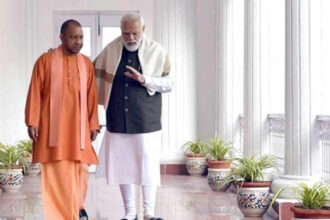
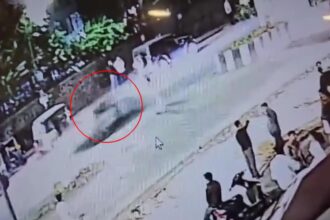
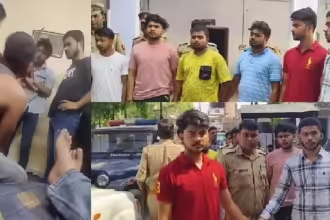
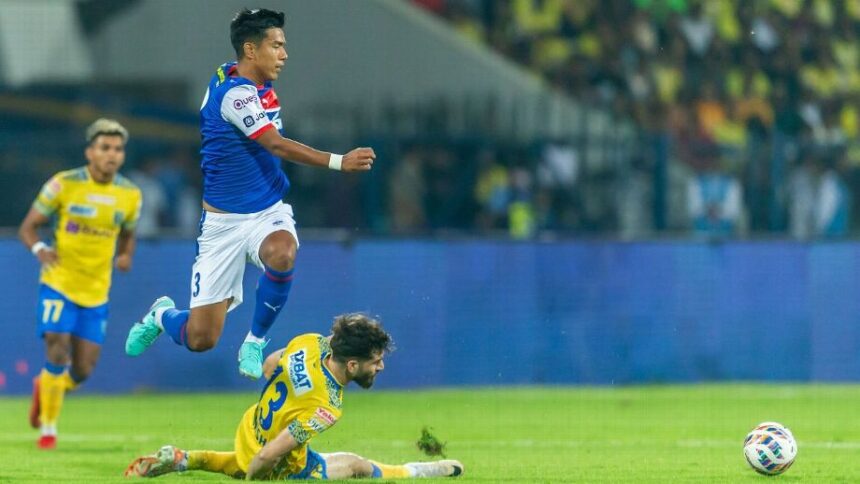
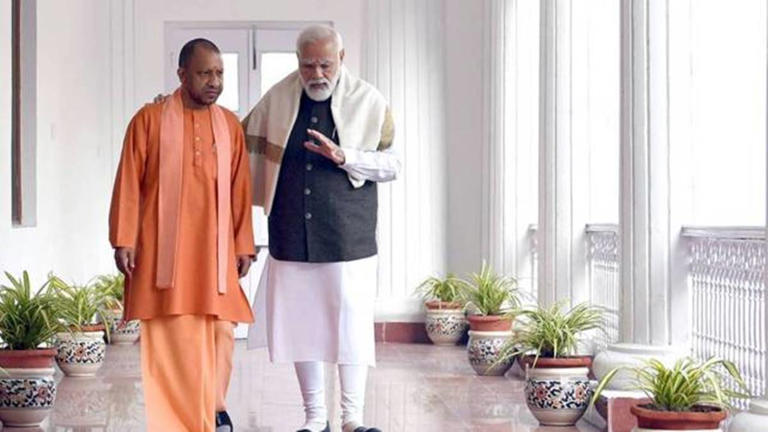
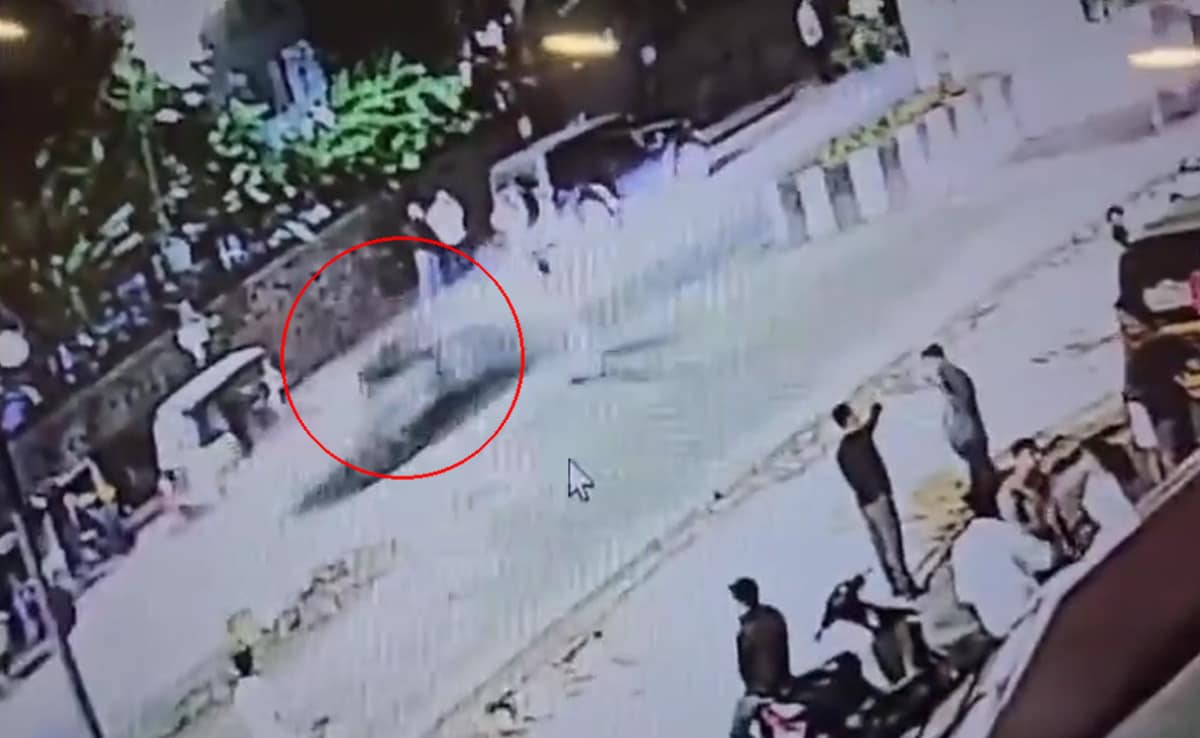
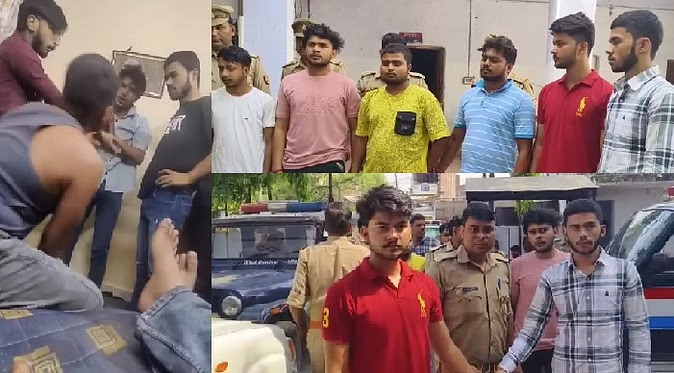
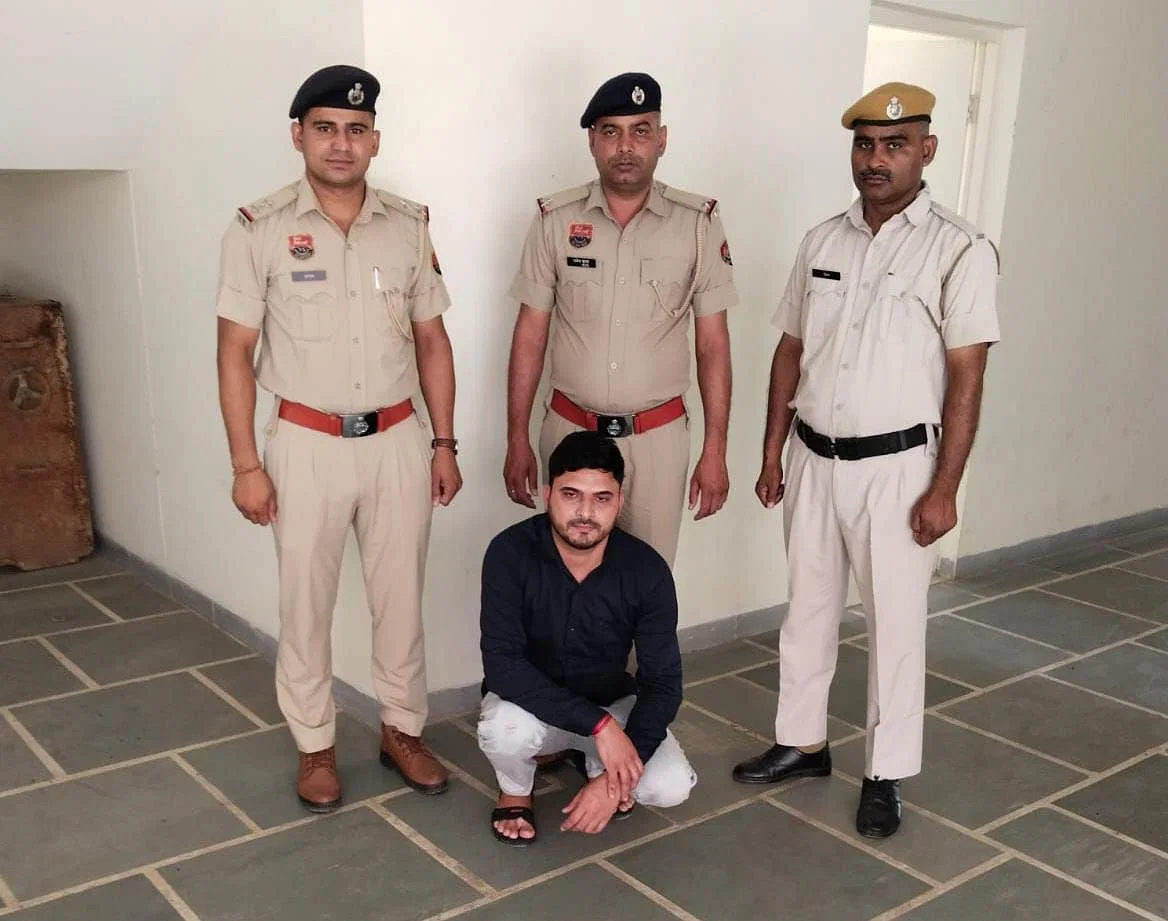

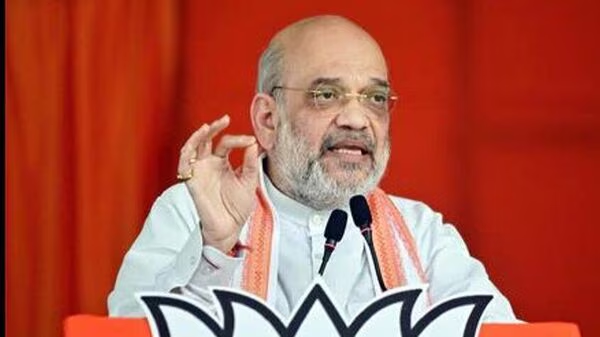
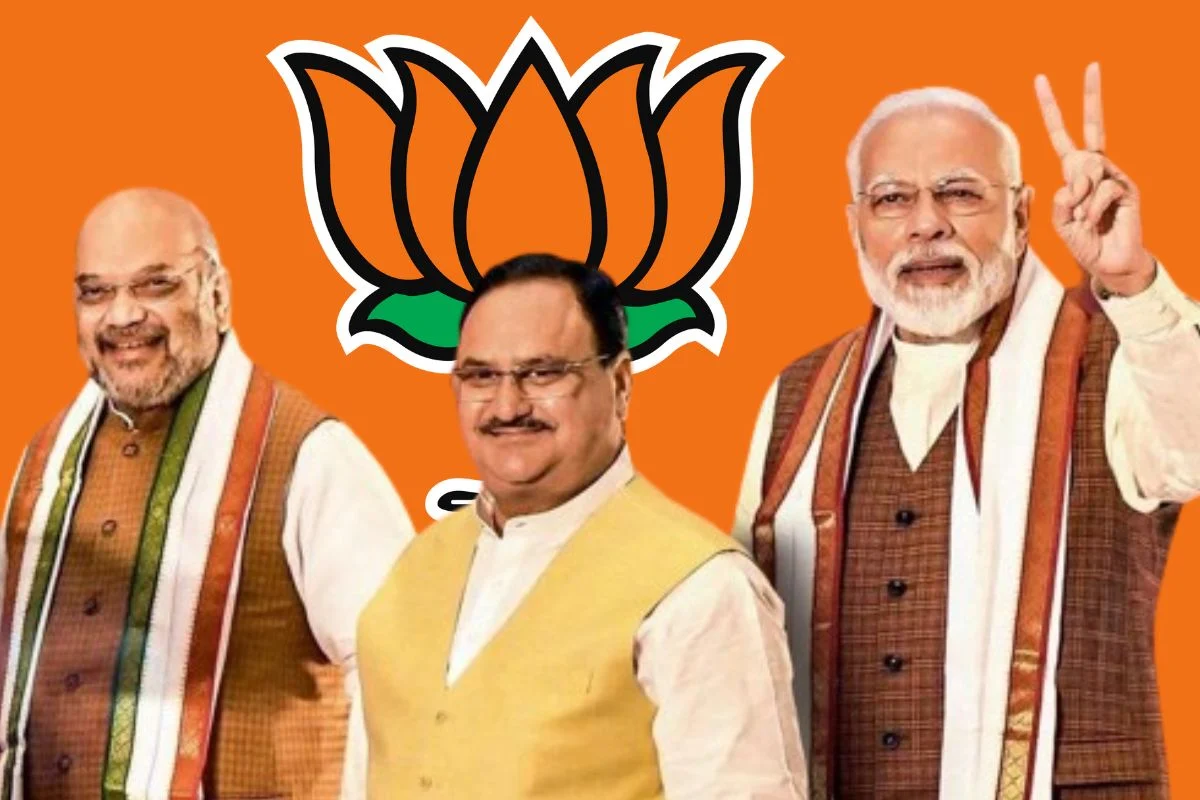
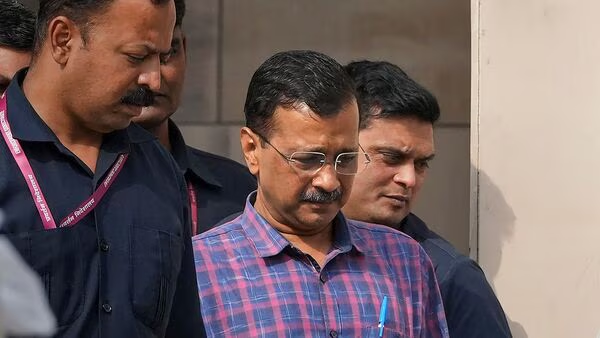
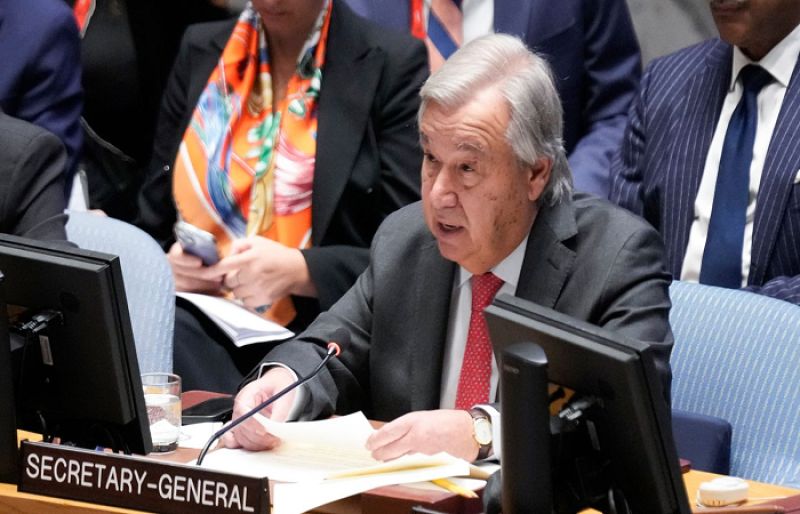
In this grand scheme of things you’ll receive a B+ with regard to hard work. Exactly where you actually lost everybody ended up being on the facts. You know, they say, details make or break the argument.. And that could not be more accurate here. Having said that, permit me reveal to you what did do the job. The authoring is actually highly persuasive and that is probably why I am taking the effort in order to comment. I do not really make it a regular habit of doing that. Next, although I can easily see a leaps in logic you come up with, I am not sure of how you seem to unite your points which help to make the final result. For the moment I will, no doubt yield to your position but wish in the future you actually connect the facts better.